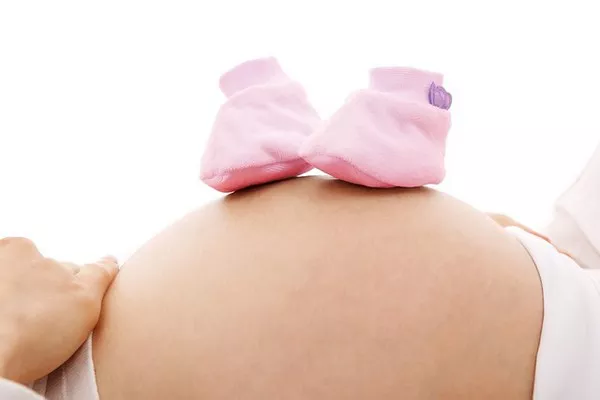A recent study published in JAMA Psychiatry suggests that pregnant individuals using benzodiazepines may face a higher risk of miscarriage. The research, which considered various factors such as age, psychiatric history, medical conditions, and lifestyle, found a notable 70% increased risk for miscarriage in women using benzodiazepines before 19 weeks of gestation.
The study emphasizes the importance of understanding specific medications and doses when evaluating potential risks for expectant parents. Dr. Rachel Zhuk, Assistant Clinical Professor in the Department of Psychiatry at Mount Sinai Health System, highlights alternatives such as psychotherapy and medications like SSRIs as reasonable options for anxiety or sleep disorders during pregnancy.
The comprehensive analysis, conducted by Dr. Fei-Yuan Sharon Hsiao from National Taiwan University’s College of Medicine and colleagues, utilized data from two large databases in Taiwan. The study included over 3 million pregnancies among 1,957,601 women, with 136,134 resulting in miscarriage. The analysis focused on pregnancies ending before the 20th week of gestation, comparing those who had taken benzodiazepines with those who had not.
The study scrutinized various commonly prescribed benzodiazepines for anxiety. It revealed an increased risk for miscarriage, with specific percentages associated with different drugs. Lorazepam showed a 42% increased risk, alprazolam 39%, diazepam 69%, oxazolam 54%, and fludiazepam, not FDA-approved but available in Taiwan, displayed a substantial 252% increased risk.
The findings align with a 2019 study in Canada, indicating a heightened risk of pregnancy loss in women taking benzodiazepines. The current research also noted a dose-dependent relationship, suggesting that higher benzodiazepine doses in early pregnancy correlated with a greater risk of miscarriage.
Despite these findings, Dr. Zhuk highlights the complexity of determining whether the drugs or underlying anxiety and depression contribute more significantly to the risk of miscarriage. She emphasizes that lorazepam, backed by safety data, remains among the safest benzodiazepines during pregnancy.
The study underscores the importance of thorough evaluations and individualized risk-to-benefit assessments when considering benzodiazepine prescriptions during pregnancy. Dr. Hsiao suggests refraining from suggesting specific benzodiazepines over others immediately, emphasizing the need for personalized evaluations.
This research, funded by the National Science and Technology Council, urges healthcare professionals to carefully weigh the potential risks of benzodiazepine use in early pregnancy and consider alternative approaches when appropriate. The study authors report no conflicts of interest.

